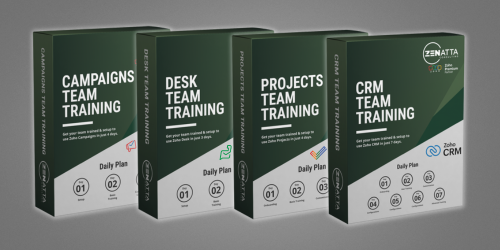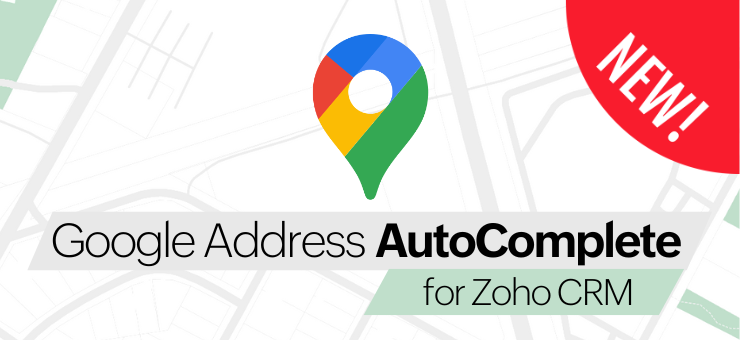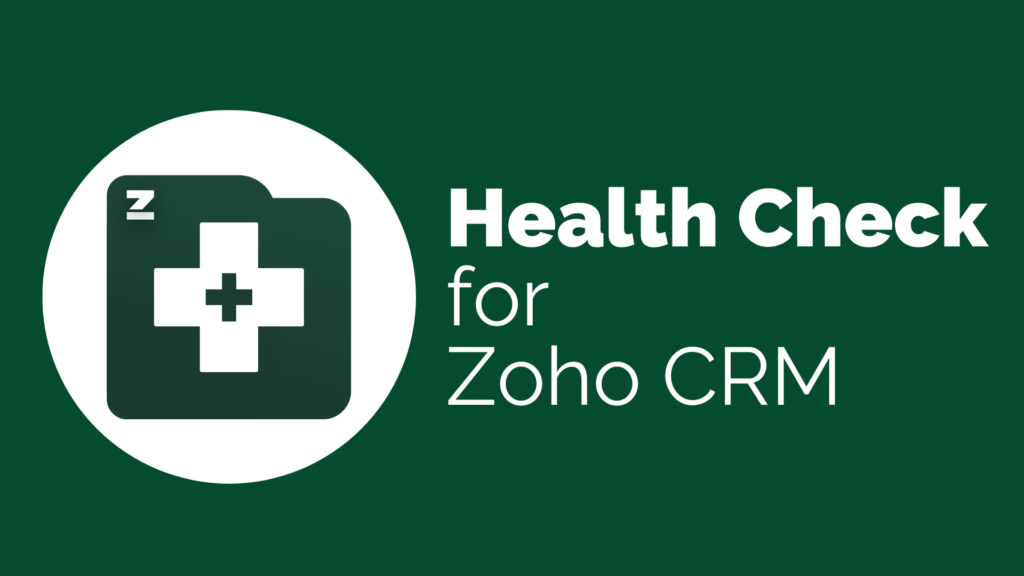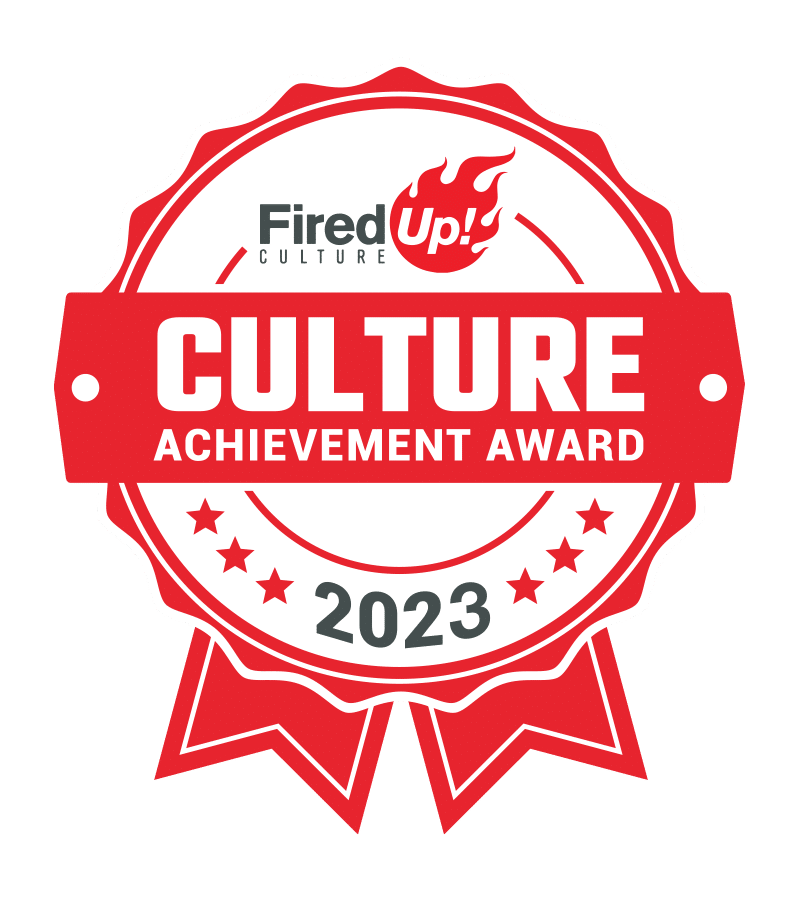Customer relationship management systems are digital platforms that help to organize and optimize sales activities in ways that lead to higher close rates, more revenue, and increased customer loyalty.

Even the most detail-oriented professionals cannot hope to keep track of hundreds of accounts on their own. In the past, professionals would attempt to manage accounts by using planners and file folders. However, simply writing down information about client accounts reduces efficiency. This leads to forgetting about accounts over time and arbitrarily made decisions.
With a CRM, on the other hand, your organization can take advantage of data and automation. Automate remembering to reach out to customers with the right communications at the right time. CRMs can streamline tasks by automatically sending emails on your behalf, and they can provide your sales team with smart reminders when the time comes to follow up with a lead. Over time, your CRM sales cycle will generate a substantial haystack of data. This data will enable your organization to improve processes while squeezing more value out of every account.
Many organizations are aware of the value that CRMs can provide, but few organizations possess a comprehensive understanding of how to harness the full power of their sales technology stack. It is important to continually teach yourself on how to go about maximizing the advantages obtainable from utilizing a CRM.
Using Prospecting Data
Sales processes usually begin by attempting to start a conversation with targeted prospects. These prospects should match the characteristics of people who tend to need your products. There is substantial debate among sales professionals about how “prospecting” should be defined. We are currently in an era where cold selling approaches are increasingly ineffective. Nevertheless, a prospect can generally be seen as a specific buyer who has been qualified to have the potential to need your product.
Many of today’s prospecting strategies involve data used to discover prospects who have a high chance of needing your services. CRMs are ideal for leveraging this data because they can use machine learning to help you segment a batch of potential prospects as you reach out to them. Prospecting with the help of a CRM also helps to gather rich data that can be useful in future campaigns.
Data enrichment is another important CRM feature that you should take advantage of during the prospecting phase. Enrichment cross-references known data about contacts on your prospecting lists to improve targeting, adapt your selling approach, and help you to focus on the most valuable accounts.
Qualifying Leads
Data enrichment provides a haystack of data to improve selling performance. But this information is worthless unless you have a system to discover correlative factors within your data set. CRMs are ideal for interpreting this information. Additionally, you will sometimes have to make decisions on a subjective basis, and your CRM can help to adequately inform you for making these types of decisions.
Any CRM worth using comes with a lead scoring function. Lead scoring involves using sophisticated algorithms to determine the potential value of a prospect on your list. Scoring can also be used after a prospect has been converted into a lead by using a buyer’s feedback and information obtained from deeper research to determine how much effort you should put into lead nurturing activities.

To make use of lead scoring, you will have to input behavioral and demographic information about each prospect or lead that you interact with. Your CRM can then use this data to assign a score to each account.
Qualifying can also necessitate making subjective decisions. For instance, if a prospect personally demonstrates an unwillingness to consider new solutions during an initial call, closing the sale may be difficult even if other data factors are ideal. Most CRMs come with the ability to assign keyword-based tags to each account. Consider using these tags to summarize your opinion of a buyer’s attitude, objections, or unique needs. Over time, employing these tags in your CRM sales cycle will facilitate pattern recognition while helping to tailor your selling approach.
Managing the Buying Process
Once a lead is engaged in your pipeline, the main bulk of your efforts will shift to long-term nurturing efforts. According to research by CSO insights, most sales from new customers take at least six months to close. In fact, 18.1 percent of sales processes take over a year. Therefore, you will need to leverage your CRM to keep leads engaged over an extended period of time while remaining vigilant about new account developments.
Managing the long-term buying process is arguably the main benefit of using a CRM. The best CRMs have templates that allow you to automatically generate a series of automated points of contact and reminders to follow up with an account. If buyers have demonstrated substantial interest, you should highlight them within your CRM. You can then quickly flip through your hottest accounts on a daily basis to check the status of points of engagement and consider sending new information.
Creating Quotes
The quality of quotes that you provide for your customers will usually determine whether you actually get a sale. Quotes need to take account of all previous interactions. They must also account for anything that has been agreed upon between your organization and a potential buyer.
If you have been using your CRM to log customer interactions throughout the buying process, you should have all of the information necessary to make a quote. Additionally, CRMs can provide you with historical data about the close rate of quotes when utilized with particular features, contractual terms, and pricing models. This historical data is especially valuable to sales teams since it enables individual team members to learn from prior experiences. Larger organizations also tend to have more data, so conclusions that are relevant to the creation of quotes can be made with a high degree of statistical significance.
CRMs can also help tailor the quote development process by providing demographic data about a particular account. For instance, if you are selling to a large enterprise user, your quote might have a higher close rate if it included personalized customer support that is more expensive than the product itself. When your CRM tells you the size of your customer’s organization, you can use this data to your advantage.
Assessing Performance After a Sale
Continuous learning is the key to improving your performance over time. You need to take account of your past successes in a way that enables you to recognize patterns among outcomes. CRMs can provide you with organized data that can help your company to quickly identify opportunities.
CRMs have the ability to create detailed reports that provide valuable insights into historical performance. These reports can be modified to account for the nature of your audience. For instance, if you are a sales associate creating reports to share a pattern you are observing with your sales manager, you could use custom report to quickly convey your point. You can also export your data to a third-party application to create visually appealing graphics.
Building Long-Term Relationships
In B2B selling environments, a majority of revenue is usually obtained from long-term customer relationships. An initial sale is often a buyer’s attempt to test whether a provider can deliver and meet their expectations. Once satisfaction has been achieved, these buyers will often continue to make routine purchases for years to come.

Utilize your CRM’s sales cycle to nurture long-term relationships with your existing clients by staying in touch and providing account relevant information. For instance, if an existing client has complained about how your products do not have a particular feature a workflow could be used. This workflow could trigger a task to notify the client when your product development team resolved that pain point.
Another important feature of CRMs is how they can help you to stay in touch with clients in a way that matches their unique characteristics. Buyers who are relationship-oriented might appreciate being invited to an exclusive conference while detail-oriented buyers might value receiving private industry intelligence. When your CRM helps you to identify what customers value, you can keep up with former buyers in a way that adds value and encourages them to continue doing business with you.









